This article contains mid-level spoilers for Loki season 2, episode 6.
There are so many things that are puzzling about the final episode of Loki season 2, from the internal logic of Loki time-slipping throughout the events of the past season in order to save the multiverse to that shocking, mind-bending ending. For a moment, though, let’s zero in on a curious exchange between Tom Hiddleston’s God of Mischief and Jonathan Majors’ He Who Remains.
When time-slipping back to the fatal clash at the Citadel at the End of Time, as originally seen in the Loki season 1 finale, Loki discovers that He Who Remains gave him his time-slipping powers as a kind of insurance to protect himself from death, as he knew Sylvie was about to kill him. This causes Loki to utter the phrase, “We die with the dying… We are born with the dead.” But what’s he talking about here?
Loki‘s “we die with the dying” quote, explained
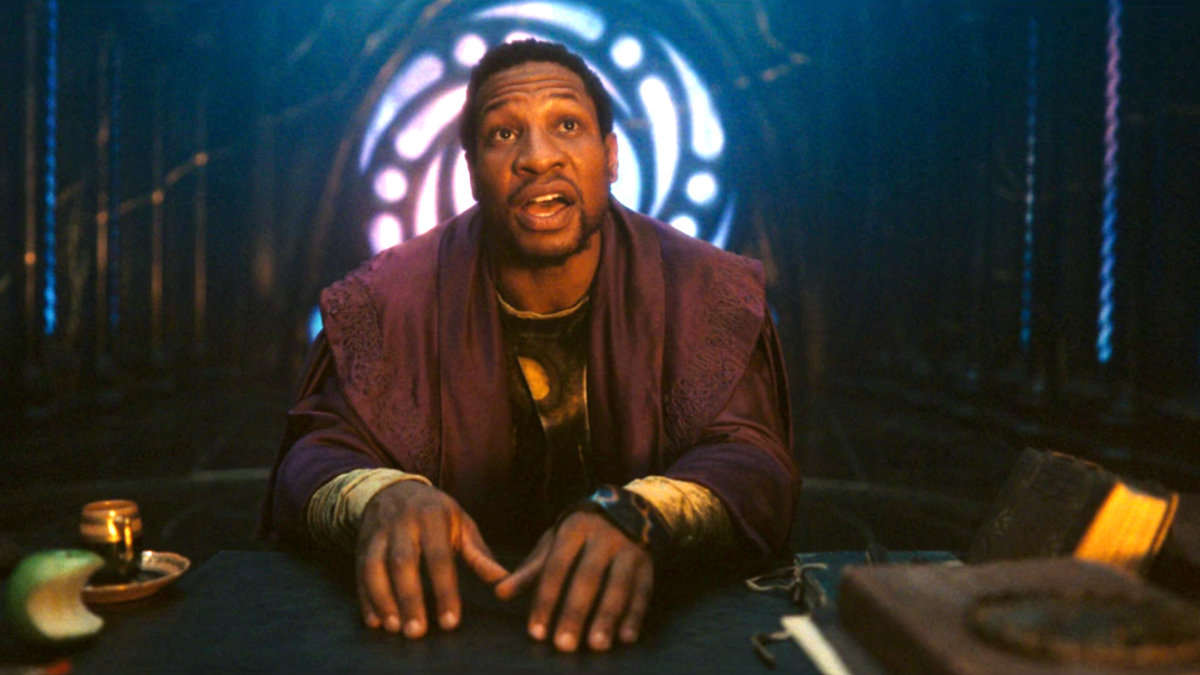
Loki is actually quoting from Little Gidding, a poem by English poet T.S. Elliot that was first published in September 1942. As you would expect from the time period of its creation, Elliot intended for the piece to be a critique on humanity’s inability to escape from a “cycle of warfare.” However, the juxtaposition of birth and death and its cyclical themes make it the perfect poem for Loki to reference, given season 2’s obsession with all things circular.
Take Ouroboros, for example, whose name refers to the ancient symbol of the snake eating its own tale, a representation of the wheel of time and rebirth. Or “Glorious Purpose” being used as the title for both season 1’s premiere and season 2’s finale. In this episode, it becomes clear why Loki has employed these running motif throughout — it’s because the entire season folds back in on itself when the God of Mischief revisits the events of the season 1 finale. To quote He Who Remains, “reincarnation, baby.”
Funnily enough, this is the second time T.S. Elliot has popped up in a Marvel context, as Alfred Molina’s Otto Octavius admitted to Tobey Maguire’s Peter Parker that he found Elliot’s poetry harder to understand than advanced science in Spider-Man 2. Apparently, Loki is something of a secret lover of Earth poetry, however. Clearly, he’s spent a chunk of his long, long lifespan in a library.

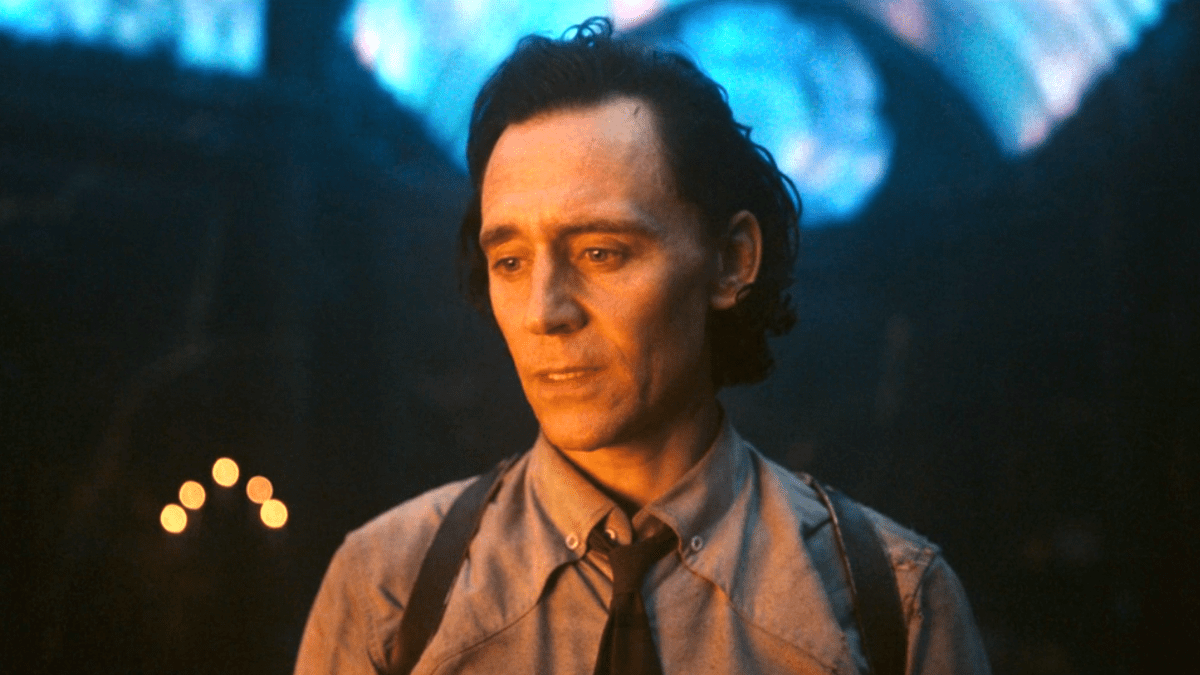
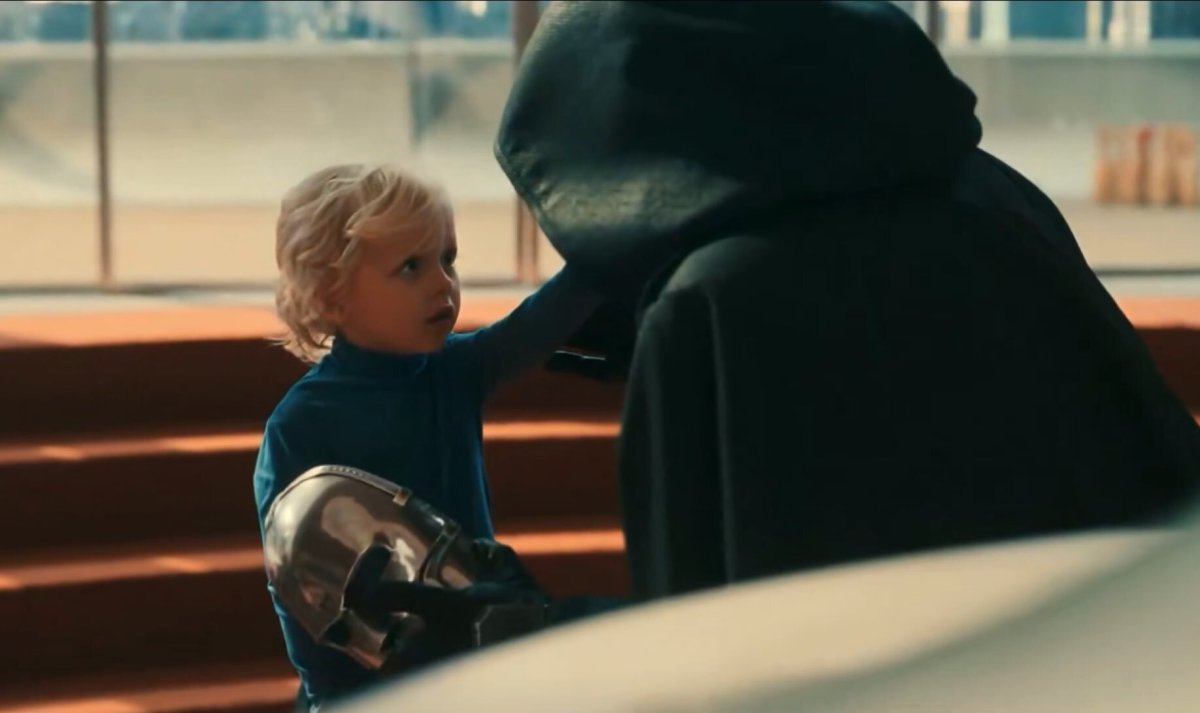
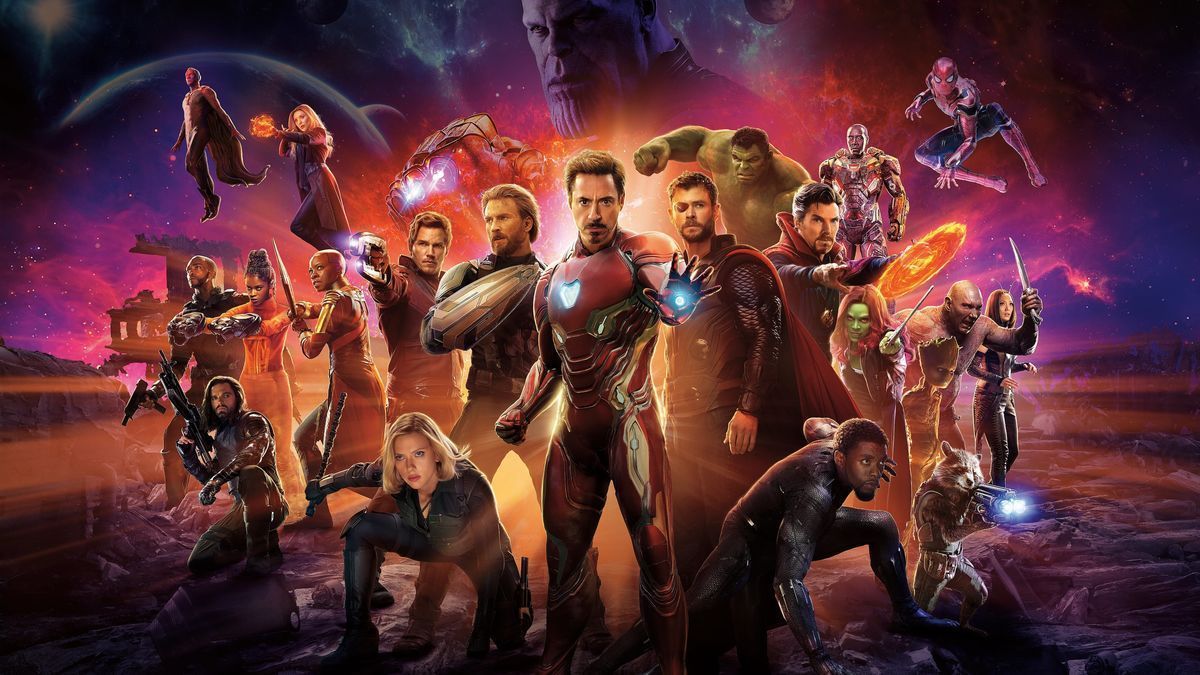
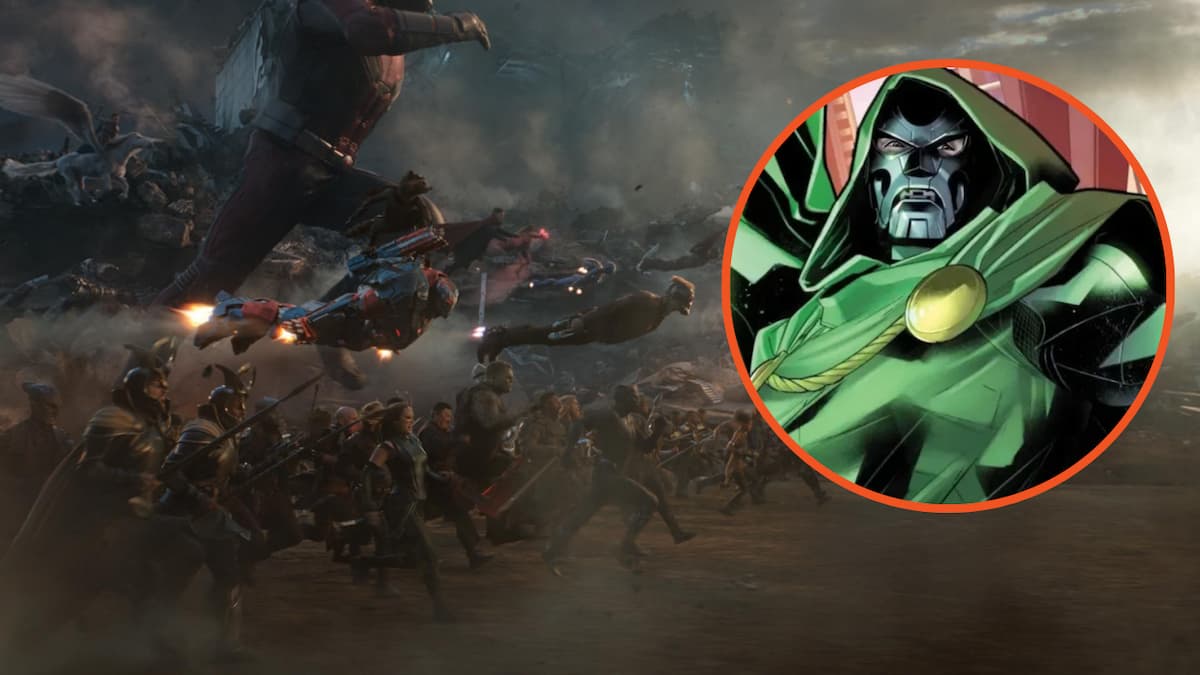


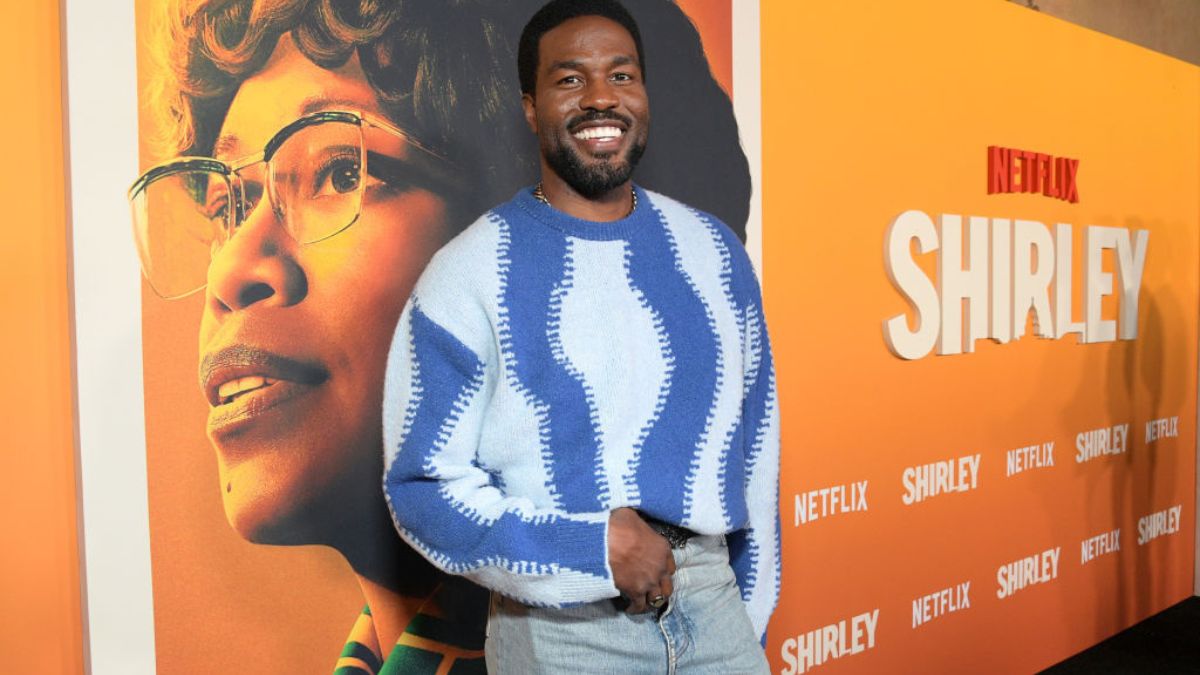
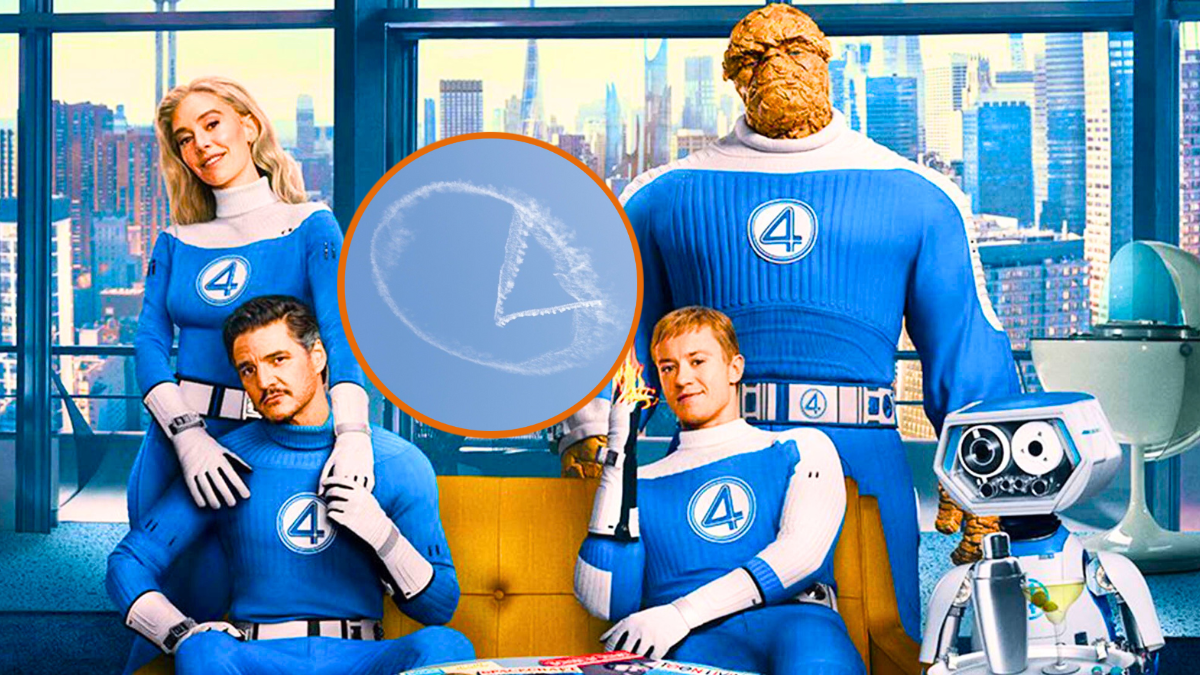
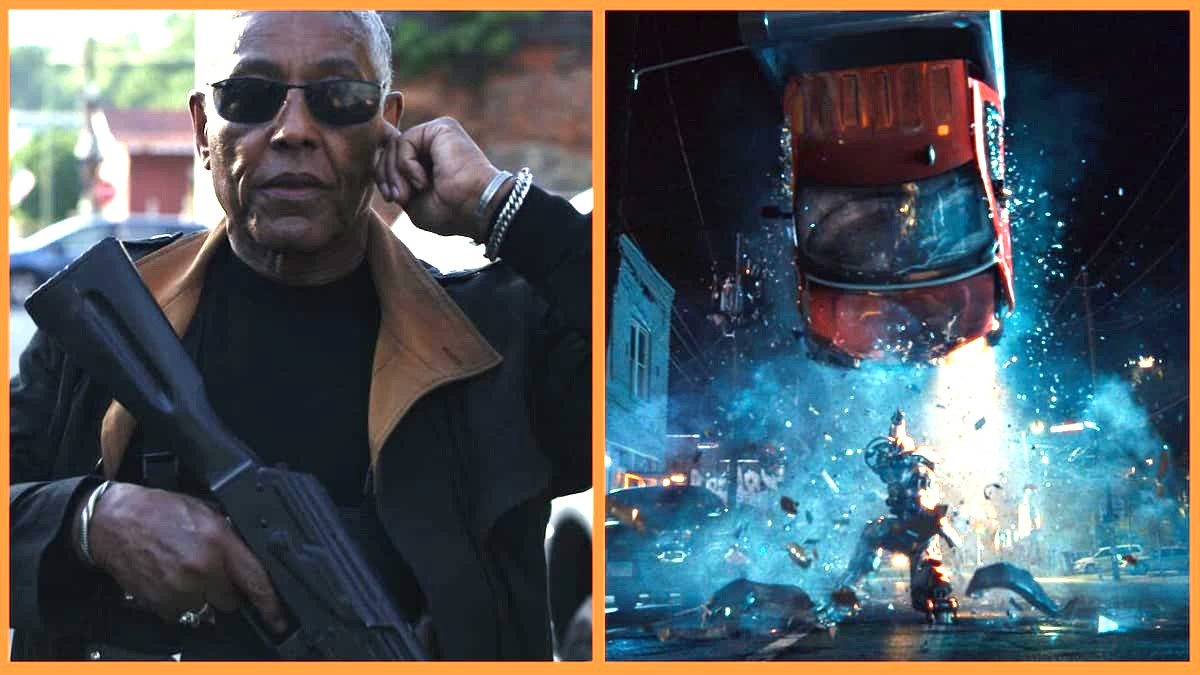
Published: Nov 10, 2023 08:18 am